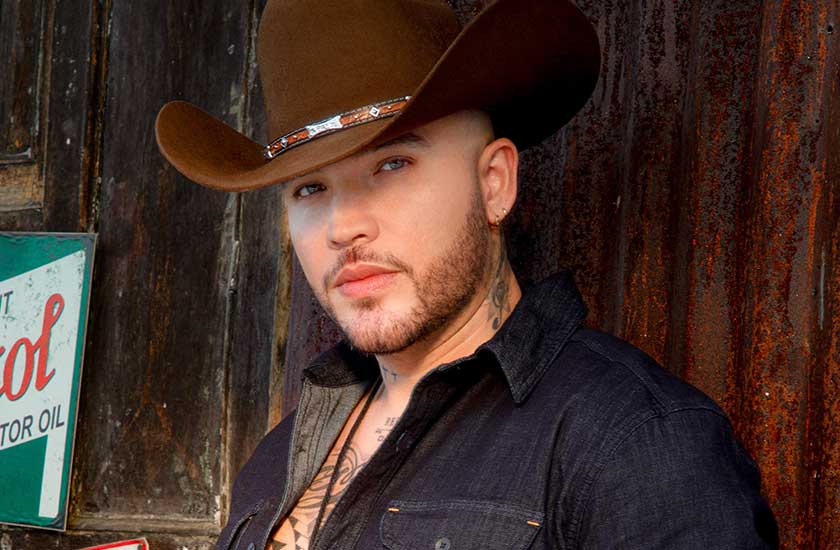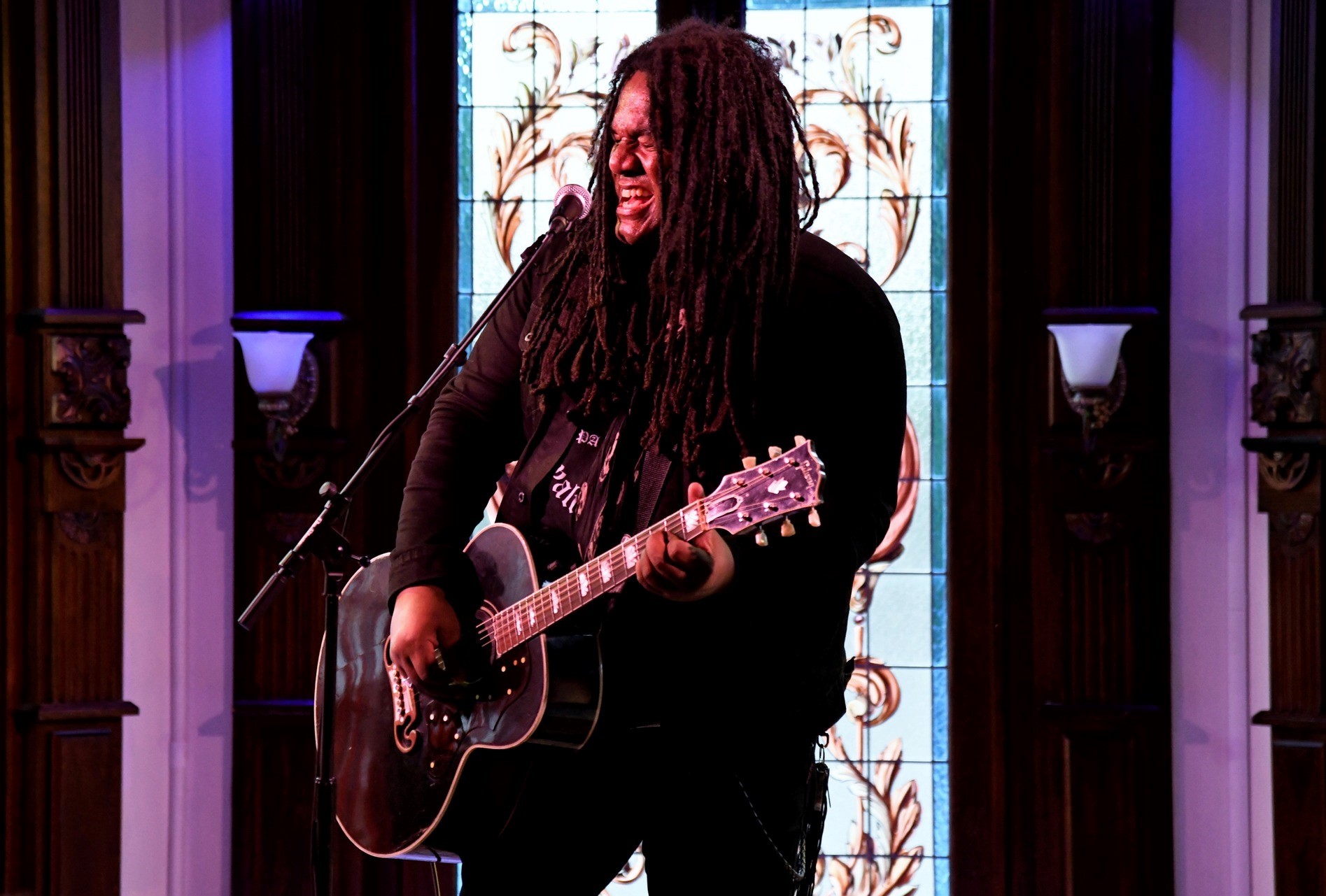By Rosemary Conte
originally published: 05/20/2015

It’s been a long time since I was a teen singer and a rabid Sinatra fan studying every detail of his singing. And it’s been a long time since I reflected on what I learned from him. I’m glad I chose Frank as a vocal mentor. For 40 years I’ve taught to others what he taught me…just by listening to him sing.
But, honestly, I’ve been so busy keeping up with the changes in music and pop songs that young students want to sing, I haven’t given much thought to Ol’ Blue Eyes in recent years. On a gig, I mainly sing the Great American Songbook and jazz tunes, many of which Frank recorded; but it’s been a long time since he’s occupied a prominent space in my mind. That is--- until I attended “Sinatra: An American Icon Symposium” at Monmouth University on May 9.
At this wonderful event I listened to panels of music writers and musicians analyzing Frank’s singing and recording techniques, and his personal and professional life. And I had a terrible attack of guilt.
After all he’s meant to me, and after all I’ve learned from him coming up as a singer, why am I not teaching subsequent generations of students everything I know about the greatest interpreter of popular music EVER? Sure, I inevitably mention Frank’s singing to most of my adult students, and play his recordings for select teens. But he is so important and his influence so enduring, I should do more.
At the seminar I sat next to my voice student of several years, Nicole Govel, a music industry major at Monmouth U who was tapped to sing Sinatra songs with the college jazz ensemble that day. She told me later that as she listened to the panel discussing Frank’s breathing, phrasing, and diction, she began to think about---having to think about all that when in a few minutes, she would get up to sing.
In that moment, Nicole didn’t seem to recognize that she had already learned about and was putting to use the fine points of Sinatra’s vocal technique. It was all second nature to her now. I call it “the ghosts that sing in us.”
I lived Sinatra from my childhood. When I taught Nicole and others to best interpret a song, I took for granted that I was teaching what I knew and practiced. No matter what style of singing, the end goal is to master the big three aspects of singing popular music: breathing, phrasing, and diction. (Through the years, I’ve added a biggie - relaxing.) I suddenly acknowledge that I’ve always taught as Sinatra sings and as I sing. I thought I was doing it my way. (Pardon the pun.) But it was his way.
I recently came across a book called “Tips for Popular Singing,” written by Frank and his voice coach John Quinlan, published in 1941. It is written from common sense, acknowledging that one doesn’t need years of conventional study to sing popular songs. I was astonished. It was like I wrote the book! “Many teachers make singing seem difficult.” “Don’t try so hard.” So much emphasis on what is practical.
I was astonished that this book de-mystified singing in the same way I do--our explanations, almost identical. I suppose I shouldn’t be so shocked, because I learned all that by listening to Frank---who listened to John Quinlan and other great singers. It all became second nature to Frank, then to me, and now to Nicole.
Growing up I wanted to sing like Ella Fitzgerald and Sarah Vaughan. And it was not in my consciousness that I had developed the interpretive style of Sinatra until I sat in that seminar. Sinatra’s incomparable phrasing…his way of wrapping the lyrics around a musical phrase…that’s his legacy.
While Nicole acknowledges that she learned the art of the big four from me, I wonder if she is aware of the depth of it. So that when she got up to perform at the seminar, she sang with perfect pitch, beautiful phrasing, and clear diction… all while being relaxed. The ghost of Sinatra had influenced her and was singing through her just as it has sung through me, and will continue to sing through people gifted with beautiful voices who are fortunate enough to discover his recordings.
Here is a vocal exercise that was passed down to me as an exercise Frank learned from his coach, Quinlan: “Let us wander by the bay.” I suggest it be sung slowly, on a single held low note, and then moved up in half steps.
FEATURED EVENTS
To narrow results by date range, categories,
or region of New Jersey
click here for our advanced search.
To narrow results by date range, categories,
or region of New Jersey
click here for our advanced search.
EVENT PREVIEWS
Carteret PAC presents Julio Iglesias Jr.
March 28 to January 16, 2026
State Theatre New Jersey presents Brit Floyd - The Moon, The Wall and Beyond 2026
March 4, 2026
JOURNEY's Final Tour Includes Show In Trenton
March 5, 2026
State Theatre New Jersey and The Bowery Presents Blackberry Smoke
March 5, 2026
Lizzie Rose Music Room presents Jeffrey Gaines on March 6th
March 6, 2026
State Theatre New Jersey presents Celtic Woman - A New Era Tour
March 6, 2026
Trenton City Museum to present Trenton Makes Jazz concert featuring Omeed Nyman Quartet
March 6, 2026
Y Arts in the Community presents The Great American SOULBook
March 6, 2026
The Dryden Ensemble presents The Most Faithful Companion: Lute and Guitar Trios from the 17th Century
March 6, 2026
The Newton Theatre presents Solas 30th Anniversary Tour on March 6th
March 6, 2026


















